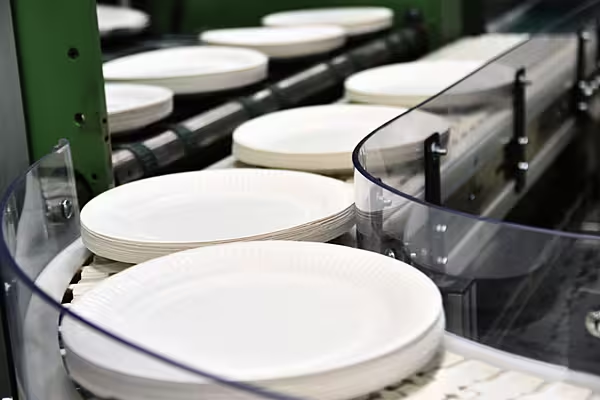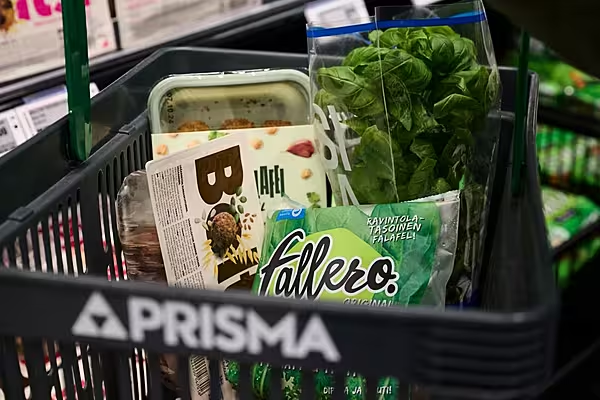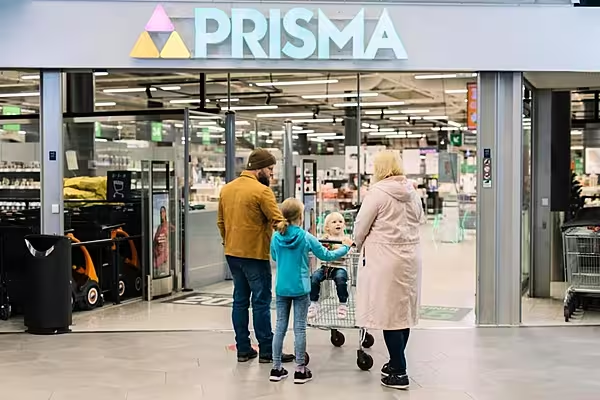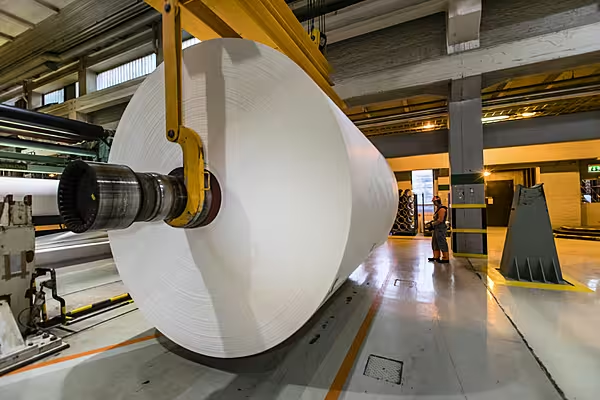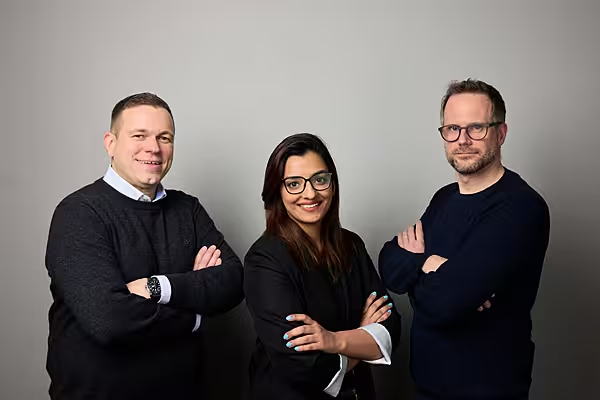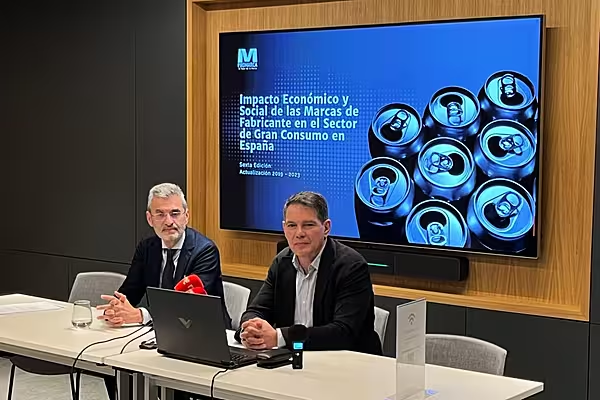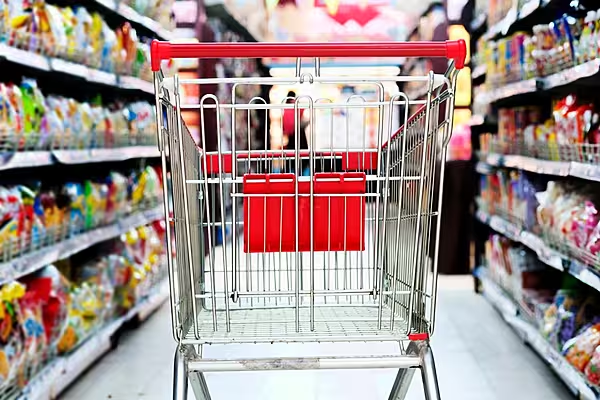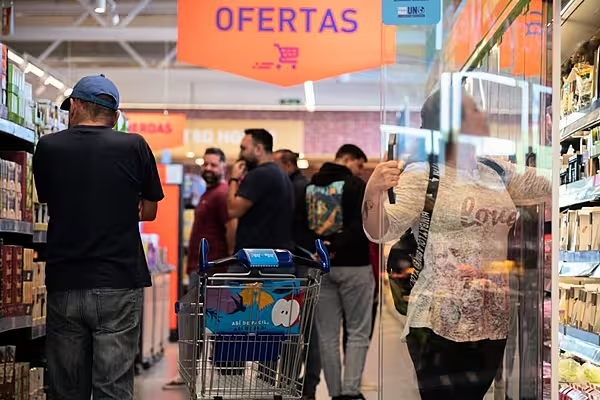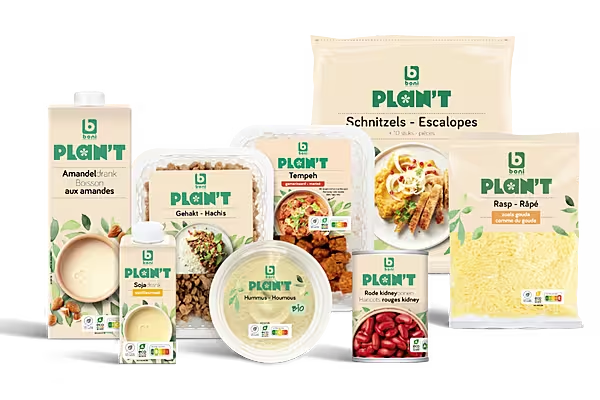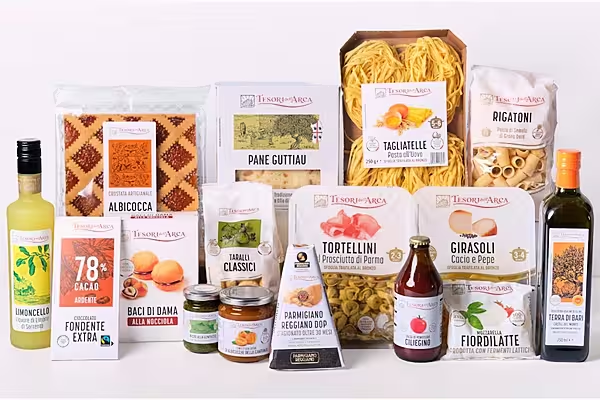ESM meets Mikael Grahn, managing director of Mini-Maid, as the paper plates specialist continues to raise the bar for quality and sustainability.
Some 450 kilometres north of Helsinki, in the small town of Terjärv, surrounded by dense forests and located in the region of Ostrobothnia, you’ll find the headquarters of Oy Mini-Maid Ab, otherwise known as Mini-Maid – a Finnish producer of paper plates and tableware that boasts a longstanding commitment to quality, sustainability and value for money, all increasingly relevant in these challenging times.
Founded by entrepreneurs Karl-Gustav Grahn and Christian Fredman in 1986, today the company is led by managing director Mikael Grahn, the former’s son, and with an output of some one billion units per year, it has evolved to be one of the biggest producers of paper plates in Europe, guaranteeing reliability, flexibility and short lead times for its network of customers across the continent.
“Traditionally, we’re operating in a low-margin business, where you need to be able to produce big quantities to make a profit,” Grahn tells ESM. “But today, retailers have very high expectations about the raw materials used, certification, pricing, delivery time – it’s a lot more complex. We have dug really deep into these matters and come up with a proposition that retailers can trust.”
Finding A Balance
Specialising in private label production, Mini-Maid is committed to efficiency and adaptability, as well as ensuring it can strike a balance between producing high-quality, sustainable products and offering competitive prices to customers. It has invested in efficient production processes, including automation and large-scale machinery, to optimise operations and reduce costs.
“Right from the start, we invested in large machines with high output that were capable of running 24 hours a day – that was ahead of its time back then,” says Grahn. “Today, it’s not enough to be very efficient in terms of production, you also need to be flexible. Retailers may request 6-packs, 10-packs, 20-packs, 25-packs, and you need to be able to meet their demands. We have really good automation solutions here – it’s been a long road to get to this point, and we know that we have to continue investing.”
Sustainability First
Mini-Maid’s commitment to sustainability extends back to the late 1990s, when the company began focusing on reducing fibre usage and incorporating eco-friendly materials into its products.
Situated close to its core source of raw materials – Finland’s forests – Mini-Maid has leveraged its location to embed efficiencies into its operations and drive business growth. This proximity allows for streamlined production and shorter lead times, contributing to the company’s competitiveness and building trust with customers.
“Today, 90% of Finnish forests are PEFC-certified, and the forest industry is more than 150 years old in this country,” says Grahn, “so it wouldn’t make good business sense if we didn’t take good care of our forests.”
Recent legislation such as the EU’s Single-Use Plastics Directive has reinforced the company’s commitment to making its products both monomaterial and lightweight. As Grahn explains, “In the late 1990s, we made paper plates from 280-gram paperboard. Today, we are down to 190-gram board. So we have more or less taken away 30% to 40% of the fibres. Also, we now produce more units per kilowatt hour – twice as much as we did 20 years ago.”
The company refers to Finland’s forests as ‘Green Gold’, referring to the importance of this rich, natural resource, as well as the industry’s commitment to utilise every part of the tree, minimising waste and maximising resource efficiency. With this in mind, most of Mini-Maid’s plates are made from so-called spillover material, such as bark and twigs, which are not suitable for other wood products but can be utilised for paperboard production. In addition, its products are home compostable, and can be recycled easily.
“You don’t cut down trees to make paper plates,” says Grahn. “You use the parts of the tree that can’t be utilised for building materials or things like that. Production of paper plates is what you would call a ‘side stream’ project, and is therefore more sustainable. Plus, for every tree that’s used, three more are planted.”
Serving Customer Needs
While price has always been an important consideration in its negotiations with retailers, Mini-Maid has noted a more pronounced focus on product quality, safety, and compliance with regulations, especially regarding food safety, prompting the business to stay agile and adapt to changing market demands and regulations.
“When you consider the actual quality and specific needs of the product, the biggest question of the past two or three years has undoubtedly revolved around the single-use plastic directive. Do our products contain plastics? Are they compostable? Are they FSC-certified? There are numerous requirements dictating that products must meet certain green standards.
“Additionally, with ongoing discussions taking place regarding chemicals, what does our board contain? We’re currently grappling with the discussion around PFAS, to promote the safety of our products in a food context.
“This is why, as I mentioned earlier, it’s crucial for us to thoroughly understand how paperboard is manufactured, what chemicals are used and how the process works. We need to be as knowledgeable as the board producers themselves about these aspects.”
In addition, with retailers looking to simplify their supply chains, the fact that Mini-Maid products are sourced, produced and distributed across Europe – complying with European laws and regulations – sets the company apart.
“We are a proud European producer,” says Grahn. “We believe it’s more sustainable to produce things locally and control distribution locally, than to source products from the other side of the world.”
Looking ahead, Mini-Maid is aiming to further optimise its processes and is considering investments to further reduce labour costs and increase automation.
“We are constantly seeking to build more efficiency into what we’re doing,” says Grahn. “That includes using less material to produce more products, using less electricity, and being more efficient when it comes to transport and logistics. That’s our goal, and I’m confident we are on the right path.”
This article was written in partnership with Mini-Maid. Mini-Maid will be located at Hall 10, Stand D34 at PLMA’s ‘World of Private Label’. For more information, contact sales@minimaid.fi.

